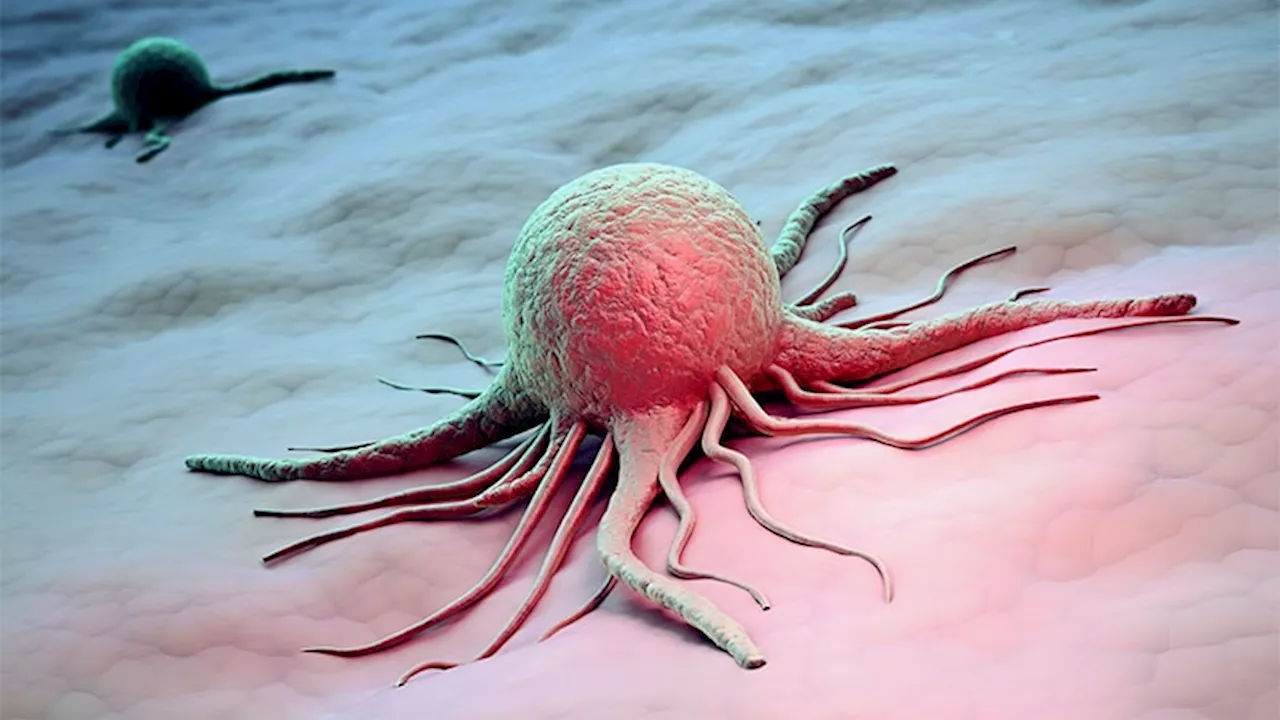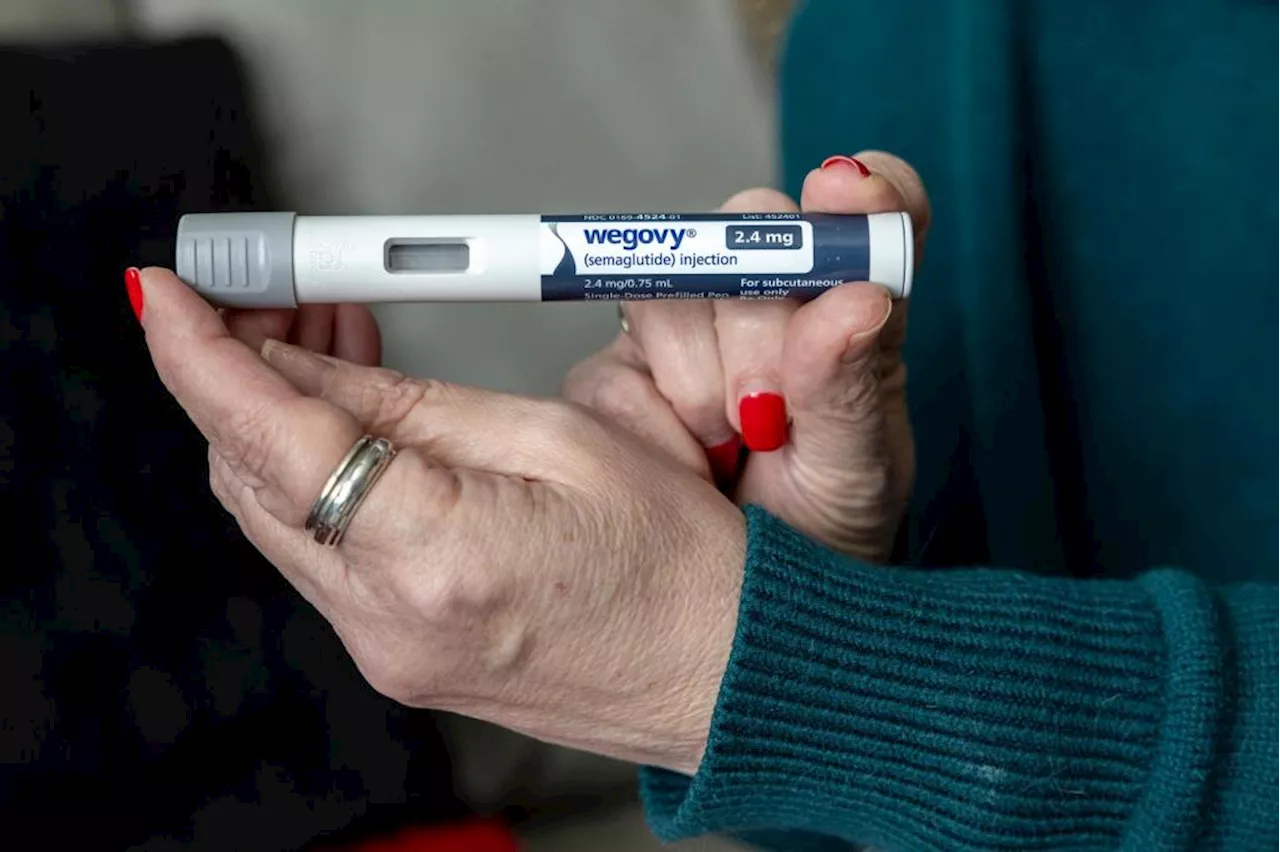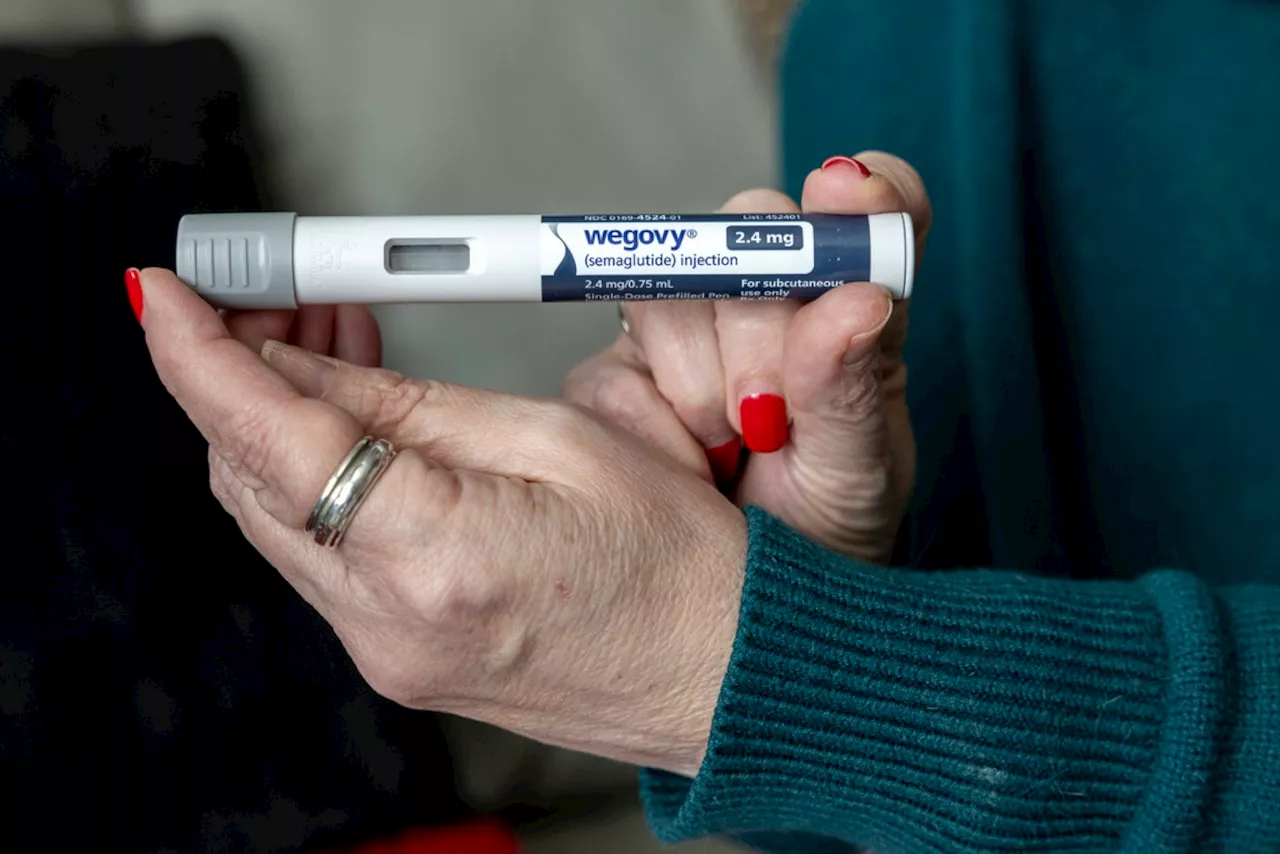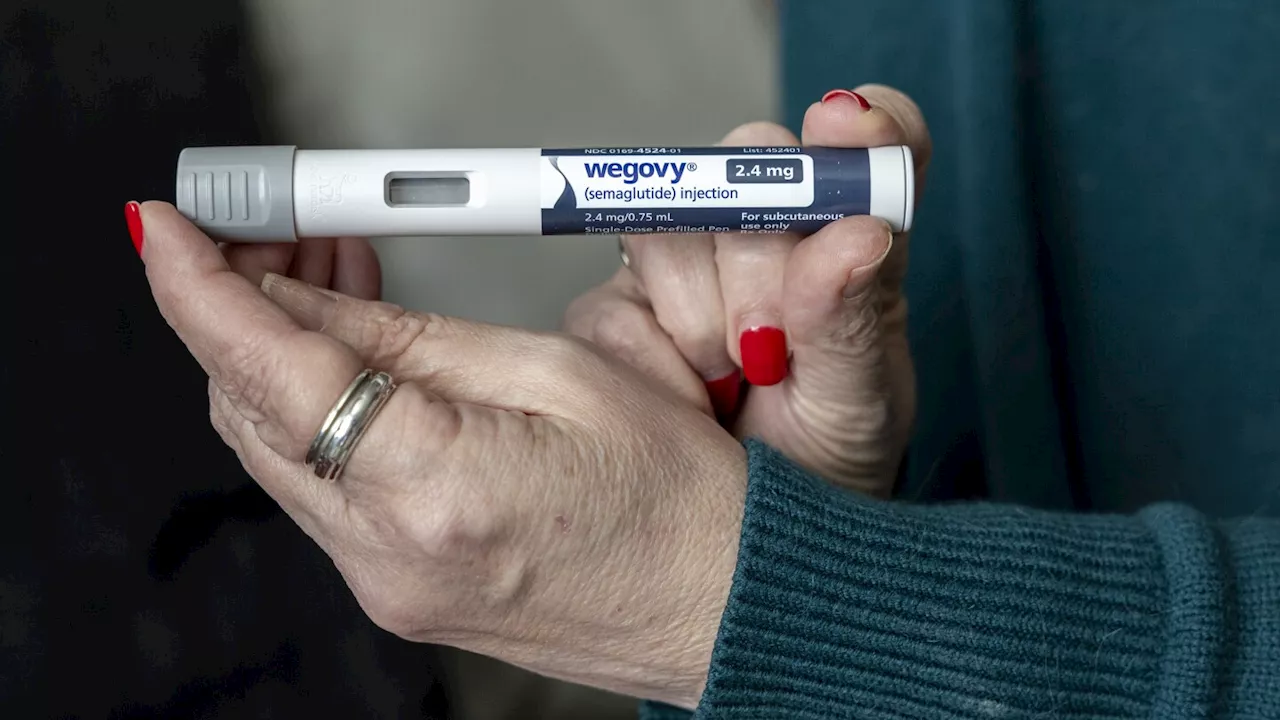A recent study suggests that obesity drugs like Ozempic and Wegovy may be effective in reducing alcohol cravings. The research, while preliminary, provides encouraging evidence for further investigation into the potential use of these drugs in treating alcohol use disorder.
A new study suggests that obesity drugs could potentially help with alcohol cravings. The research, published in the journal JAMA Psychiatry, involved 48 adults who reported symptoms of alcohol use disorder but weren't actively seeking treatment. Participants were given either weekly injections of semaglutide, the drug found in Ozempic and Wegovy , or sham injections for nine weeks. During the study, individuals tracked their drinking habits and alcohol cravings.
The results showed that nearly 40% of the semaglutide group reported no heavy drinking days compared to 20% in the placebo group. In the final lab test, the semaglutide group consumed roughly half the amount of alcohol, on average, compared to those who received the placebo. While the study is promising, it's important to note that it was small and lasted only two months. More research is needed to confirm these findings and to determine the long-term safety and effectiveness of these drugs for managing alcohol cravings.Experts caution that it's not yet clear how safe these drugs are for people who don't need to lose weight. Additionally, semaglutide is currently not approved to treat alcohol use disorder. Therefore, until larger studies can confirm the findings, individuals should speak with their doctor about available treatment options for alcohol use disorder. The study authors highlight the need for further research to explore the potential of GLP-1 receptor agonists in treating various addictions, including smoking and opioid use
ALCOHOL CRAVINGS OBESITY DRUGS Ozempic Wegovy GLP-1 RESEARCH TREATMENT ALCOHOL USE DISORDER
United States Latest News, United States Headlines
Similar News:You can also read news stories similar to this one that we have collected from other news sources.
 Existing Drugs Show Promise in Reducing Dementia RiskNew research identifies potential repurposing of antibiotics, antivirals, vaccinations, and anti-inflammatory medications for dementia treatment.
Existing Drugs Show Promise in Reducing Dementia RiskNew research identifies potential repurposing of antibiotics, antivirals, vaccinations, and anti-inflammatory medications for dementia treatment.
Read more »
 Rethinking Obesity Definitions: A New Category of 'Preclinical' ObesityResearchers propose a new classification of 'preclinical' obesity, arguing that the current definition based on BMI is insufficient. They suggest assessing body fat levels directly and factoring in individual health risks to better address the complexities of obesity.
Rethinking Obesity Definitions: A New Category of 'Preclinical' ObesityResearchers propose a new classification of 'preclinical' obesity, arguing that the current definition based on BMI is insufficient. They suggest assessing body fat levels directly and factoring in individual health risks to better address the complexities of obesity.
Read more »
 New Weight Loss Drugs May Fight Obesity-Related Cancer, TooCancer researchers found that patients on GLP-1s had significant risk reductions for 10 of 13 obesity-associated cancers.
New Weight Loss Drugs May Fight Obesity-Related Cancer, TooCancer researchers found that patients on GLP-1s had significant risk reductions for 10 of 13 obesity-associated cancers.
Read more »
 Eli Lilly Cuts 2024 Revenue Forecast Amid Lower-Than-Expected Demand for Obesity and Diabetes DrugsEli Lilly has downgraded its 2024 revenue projection due to weaker-than-anticipated demand for its weight loss and diabetes medications. The company cites a slowdown in growth and lower-than-expected inventory levels as contributing factors.
Eli Lilly Cuts 2024 Revenue Forecast Amid Lower-Than-Expected Demand for Obesity and Diabetes DrugsEli Lilly has downgraded its 2024 revenue projection due to weaker-than-anticipated demand for its weight loss and diabetes medications. The company cites a slowdown in growth and lower-than-expected inventory levels as contributing factors.
Read more »
 About half of Americans approve of using weight-loss drugs to treat obesity, new poll findsNew poll shows about half of U.S. adults believe it is a good thing for adults to use weight-loss drugs if they are struggling with obesity
About half of Americans approve of using weight-loss drugs to treat obesity, new poll findsNew poll shows about half of U.S. adults believe it is a good thing for adults to use weight-loss drugs if they are struggling with obesity
Read more »
 Poll: About half of Americans approve of using weight-loss drugs to treat obesityMore U.S.
Poll: About half of Americans approve of using weight-loss drugs to treat obesityMore U.S.
Read more »
